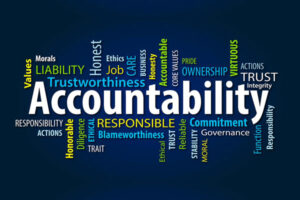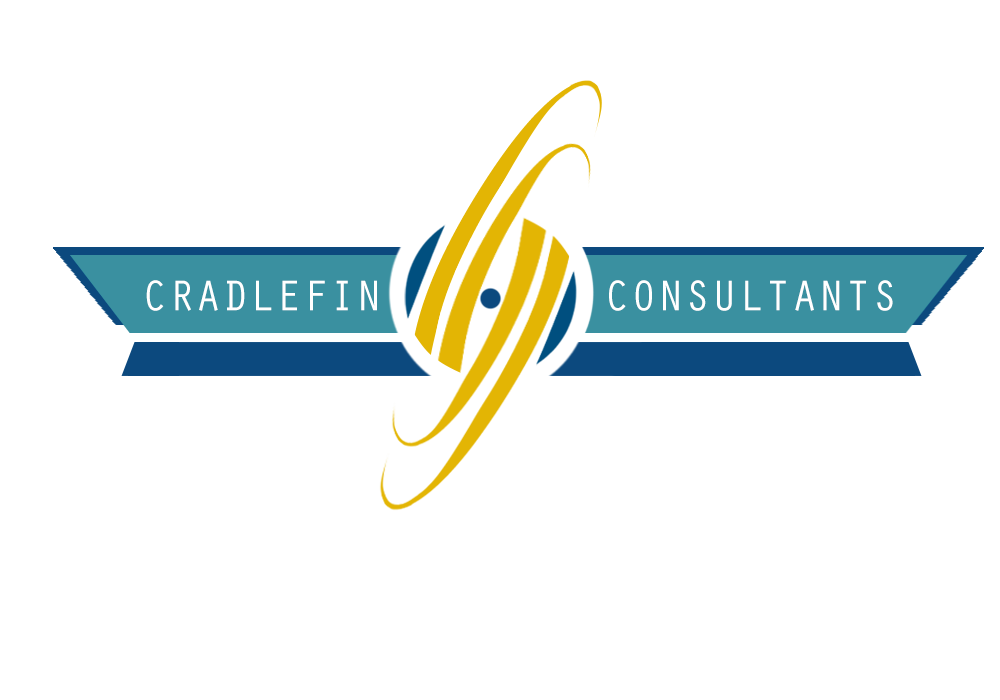Forewarned is forearmed, which is why we’ve compiled a list of our top nine tricky interview questions that recruiters love to use and candidates sometimes stumble over. This overview of nine of the most difficult interview questions that can catch you out will help you understand what employers are really asking for. You’ll also pick up tactics for answers that show you in the best possible light, and find some extra examples of interview questions that could throw you if you haven’t thought about them in advance.

Tough interview questions and answers
‘What is your most significant achievement?’
This tricky interview question is designed to assess your values and attitude as much as your achievements, and employers often want you to talk about your activities outside education. You’re more likely to come across well if you choose to discuss something you’re genuinely proud of, which could be because it involved leading others, overcoming obstacles or persisting in the face of the odds. Read the full guidance to find out about answers that graduate job hunters often give to this question, but which should be treated with caution because they might not help you to stand out.
‘What motivates you?’
You are particularly likely to be asked about your motivation in a strengths-based interview, which focuses on what you enjoy doing and what you do well. This is an approach that graduate recruiters are increasingly using alongside or instead of competency-based questions.
Your answer should draw on an example from your extracurricular activities, work experience or studies that suggests you would be strongly motivated by the job you are applying for.

‘Give an example of a time when you showed initiative.’
If an interviewer asks you to describe a situation in which you showed initiative, avoid giving an example of an idea you had but never put into action. It’s much better to talk about a time when you not only came up with a solution to a problem but also acted on it. Then you can explain the effect your decision had when you put it into practice.
‘What is your biggest weakness?’
The problem with this question is that you’re being asked about your shortcomings, when your instinct, in an interview situation, is to keep your flaws as well hidden as possible. What you need to do is to frame your answer to as to give it a positive spin.
Strengths and weaknesses can be different sides of the same coin, so another way to approach this question is to think about how you overcome the potential downside of your greatest strength. For example, if you’re a natural teamworker, is it difficult for you to cope with conflict or assume leadership abilities? How do you cope with this?
‘Are you innovative?’
Graduates are sometime asked to give an example of when they were innovative, ‘thought outside the box’ or used creative thinking to solve a problem. Many graduates are concerned that their examples are just not innovative enough, but worry not: the interviewer won’t expect you to have given the prime minister tips on handling Brexit! Instead, talk about times when an idea from you had a positive impact: for example, if you came up with a fundraising idea for charity or found a way to save time on an assignment.
‘Give an example of a time when you handled a major crisis.’
Feel free to reframe the question. This is similar to asking ‘Can you give an example of a time when you had to cope with a difficult situation?’ or ‘Give an example of a time when you had to cope under pressure’. However, ‘crisis’ is a much stronger, more emotive word. You may find it easier to give an example if you think back through your work experience, study, extracurricular activities and travel and come up with a time when you had to cope with an unexpected problem.
‘What can you bring to the company?’
The simple answer to this question is that you bring with you the sum of your skills, experiences, achievements, values and enthusiasm for the company. Conducting some thorough employer research will allow you to shape your answer to help you prove you are the perfect fit for the company. The trick is to neither oversell yourself nor undersell yourself, but keep to the facts: sprinkle your answers with evidence of your achievements and details about the company.

‘Give an example of your lateral thinking.’
Lateral thinking is the ability to use your imagination to look at a problem in a fresh way and come up with a new solution. Companies prize employees with lateral thinking skills because without them, they can’t innovate and create new products. Think about times when you’ve been faced with real-life problems and have somehow managed to overcome them. Chances are your solution involved an original, creative approach, and that’s what employers want to find out about.
‘Where do you expect to be in five years’ time?’
This is another question that allows you to show off your employer research and your understanding of your chosen career path. You’ll want to come across as enthusiastic, but not arrogant. Tailor your response to reflect the nature of the organisation, the sector, and your own experiences and skills. Specific details will impress.
‘Have you ever had a bad experience with an employer?’
Graduate recruiters use some questions as much to see how you cope when you’re put on the spot as to elicit a truthful answer. This question is a test of your ability to think on your feet and come up with a diplomatic response. Whether you sidestep the question by saying you’ve always got on well with your employers, or describe a tricky situation you’ve experienced that highlights your potential, you need to avoid attacking your previous employers.
‘What has been your biggest failure?’
If you’re asked about your biggest failure in your interview, chances are the recruiter is interested in finding out how resilient you are, and whether you can cope with setbacks. Find out how to use this question as a way to show your strengths and convince the employer that you are the right candidate for the job.

‘How do you handle stress?’
Pick up tips and tactics on how to answer when you’re asked about handling stress in your graduate job interview. Find out how to demonstration your motivation and resilience.
‘How do you deal with conflict?’
Here’s how to answer interview questions about coping with conflict and resolving difficulties, with an example model answer and tips about what not to say.
‘Give us an example of a time when you faced an ethical dilemma.’
This is a classic example of an interview question that could unsettle you if you haven’t thought about it in advance. Our advice will help you understand what employers are looking for and choose a suitable example to discuss.
’How do you manage your time and prioritise tasks?’
Your interviewer wants to know your tactics and strategies for getting yourself organised, so, whatever approach you use for prioritising and listing your tasks, be ready to describe it. Your reply should indicate that you can adjust your priorities if situations change.
’Why do you think you will be successful in this job?’
This isn’t an invitation to boast – you are being asked to match your strengths to the qualities needed to do the job. Don’t forget, it’s a very specific question. Why are you suited to this job, as opposed to any other? Match your skills, interests and experience to the job role and the company.

‘What are your career goals?’
If you haven’t thought far beyond getting your first graduate job, you might find this a particularly tricky question to answer. Recruiters don’t ask this to catch you out, though. They are keen to find out if they are a good fit for what you want, because if so, you’re more likely to stay with them long term. They may also be checking how much research you’ve done into your chosen career and how committed you are.
‘Would you bend the rules to get the job done?’
Employers may ask this strength-based question to see how you react in a situation where rules could be put into question. There’s never a simple yes or no answer, so read this article to discover how to approach your response and how to gain more context from the interviewer.
If you were a superhero, what would your superpower be?
Find out how to answer this question by drawing attention to a particular strength, without sounding boastful. You’ll need to draw on your real-life experience in your answer.
If you could have dinner with five people, who would they be and why?
Don’t be caught off guard if you’re asked about dinner party guests in your graduate job interview. Use our guide to help you understand who to pick and how to explain the reasons behind your selection.
What would you do if you won the lottery?
This is a slightly ‘off the wall’ way of finding out more about you as a person: what your values are and what inspires you. Learn how to answer this question impressively while remaining true to yourself.
Get in touch with Cradlefin Consultants team a premier destination for talented candidates and clients committed to recruiting and developing top tier professionals if you need help with your recruitment: recruitment@cradlefinconsultants.com





